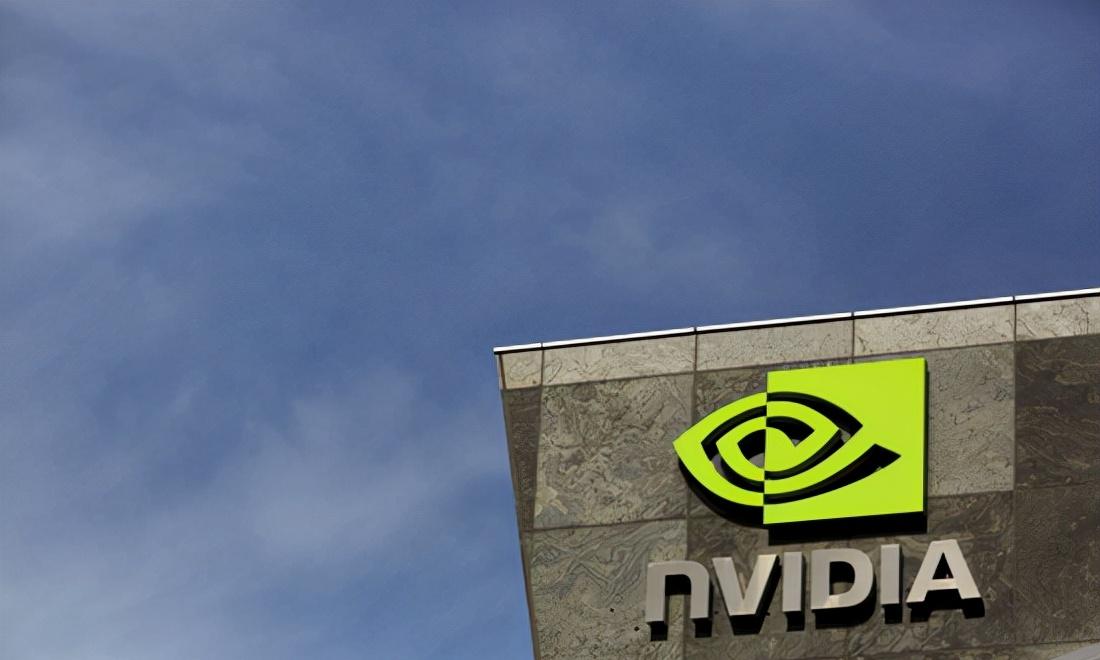The European Commission announced on Wednesday that it had launched a formal anti-competitive investigation into the acquisition of British chip design firm Arm by U.S. chip giant Nvidia. Nvidia announced in September 2020 that it would spend $40 billion to acquire Arm from Japan's SoftBank Group, and expects the deal to be completed within 18 months.

Margrethe Vestager, executive vice president of the European Union, said Nvidia's acquisition of Arm could make it harder for other manufacturers to access Arm's technology, which would do more damage to the semiconductor industry, which is already facing supply problems.
"While Nvidia and Arm do not compete directly, the latter's intellectual property is an important asset to compete with NVIDIA's products, such as in areas such as data centers, automotive and the Internet of Things," Vestage said. Our analysis shows that Nvidia's acquisition of Arm could lead to a restriction or downgrading of access to the latter's intellectual property, creating a distorting effect in many markets where semiconductors are used. ”
At the heart of the matter is whether Arm can continue to remain neutral. Arm licensed its chip designs to a multitude of companies, including Apple, Samsung and Qualcomm, many of which competed with each other, even Nvidia itself. Many companies fear that NVIDIA's acquisition of Arm could put its rivals at a disadvantage.
But Nvidia CEO Jen-Hsun Huang assured that wouldn't happen and promised to continue arm's open licensing model. But critics worry that regulators won't be able to force NVIDIA to remain neutral indefinitely, which could lead to higher prices, fewer choices and less innovation in the semiconductor industry.
Not long ago, Nvidia submitted a pledge to the European Union in an attempt to address the concerns of critics. But the European Commission argues that the commitments are "not sufficient to definitively eliminate their serious impact on the consequences of the transaction".
The EU also plans to investigate how the deal will affect the way competitors share information with Arm and whether Nvidia will cut Arm's research and development funding to the detriment of other companies using Arm technology.
Both Nvidia and Arm are expecting similar regulatory investigations and expect the deal to take up to 18 months to complete. The EU's investigation is also unlikely to be the only regulatory scrutiny the deal faces. In August, the UK's Competition and Markets Authority (CMA) had recommended an in-depth investigation after seeking comments from third parties on the acquisition.
Meanwhile, regulators in the U.S. and China are likely to formally watch the deal. The UK is also investigating its potential impact on national security.
A NVIDIA spokesperson said: "We are working closely with the European Commission through regulatory procedures. ”